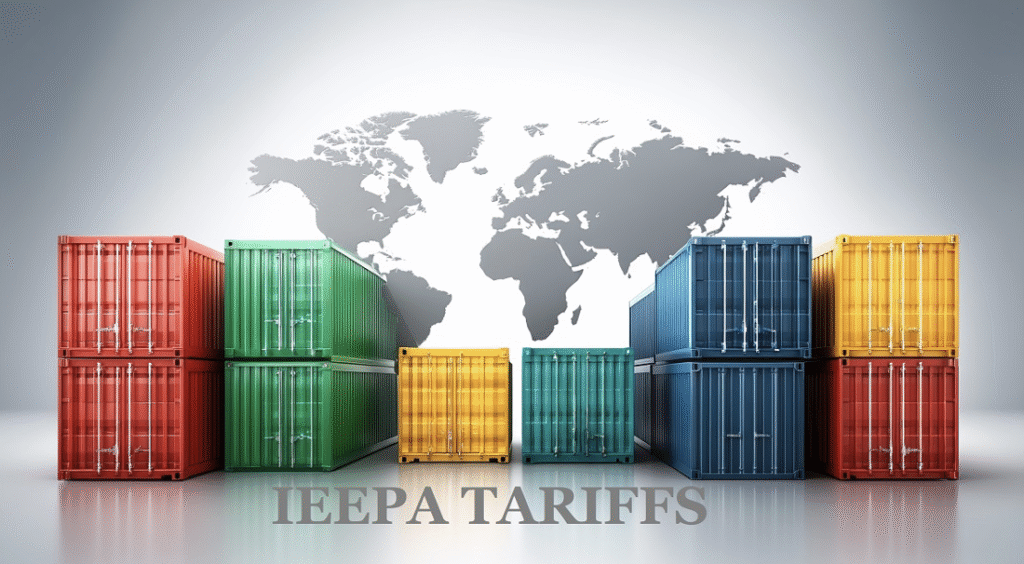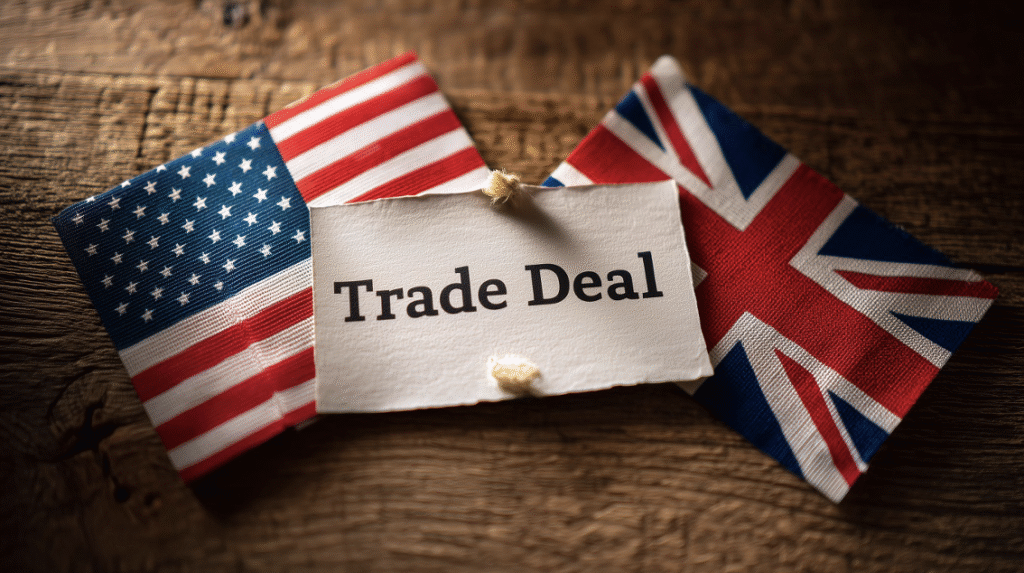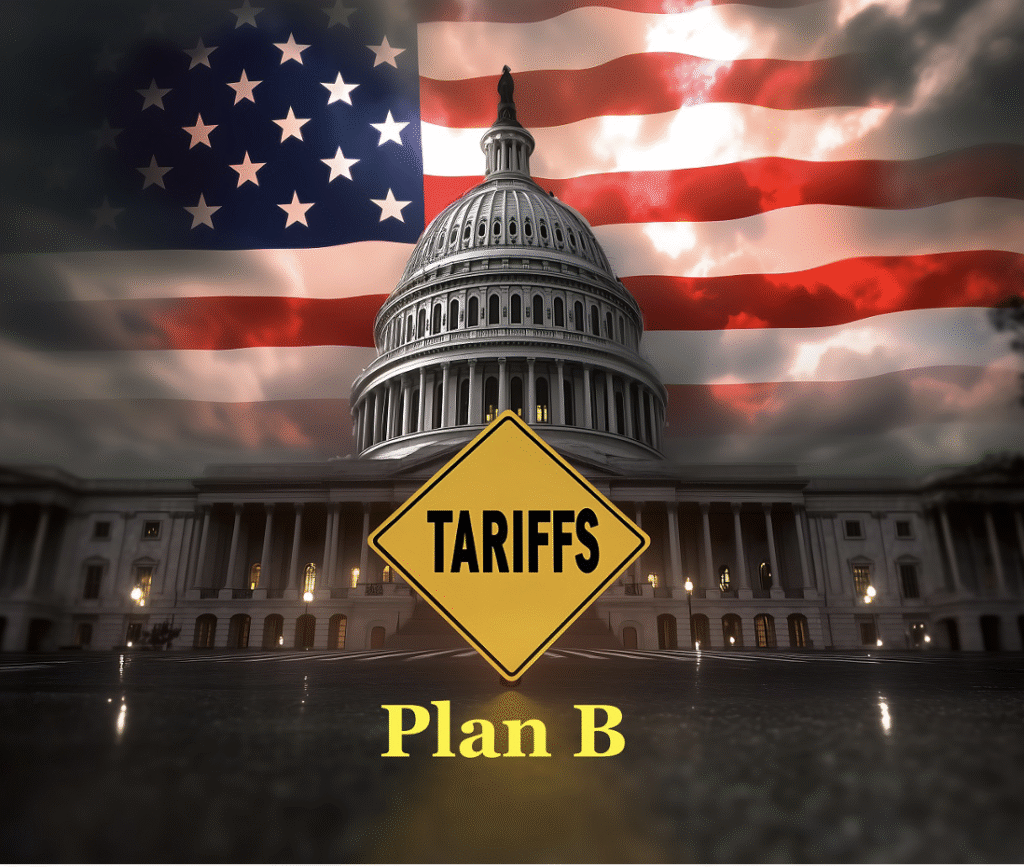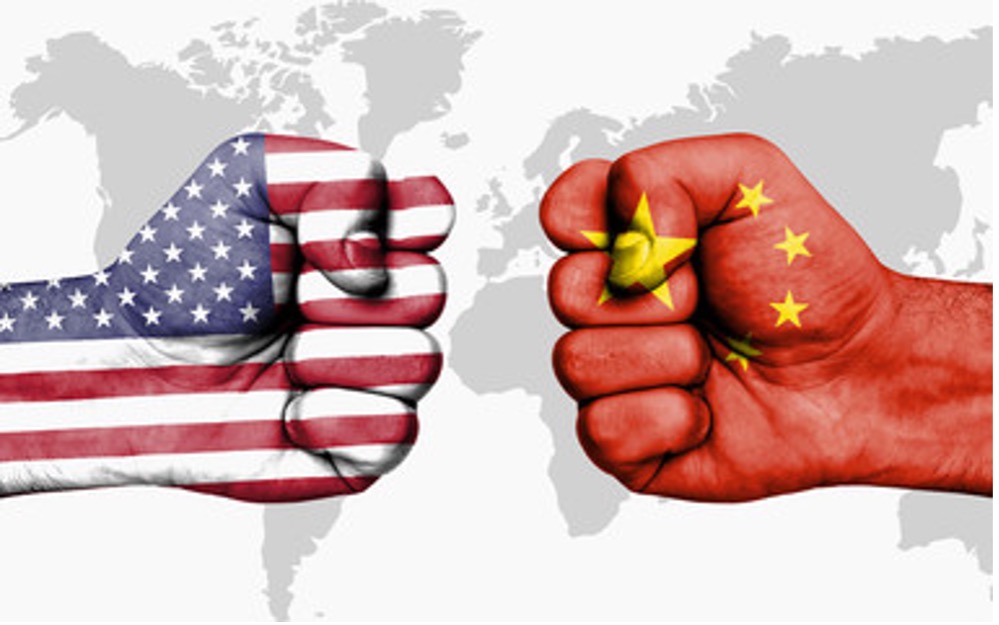Let’s Be Serious

It’s really no surprise that US Customs enforcement seems to be much more stringent these days given the mandates by the current administration. It would behoove one to, become more self-aware in the supply chain. Yes, we put out fires for a living but we also assist those who are proactive, implementing strategies and best practices to avoid those fires in the first place. Being proactive, it begs the question, when was the last time you conducted an audit of your supply chain classifications? Remember, Customs can go back five years in their audit of your supply chain. Global Trade Compliance is what we do at Braumiller Law Group.
Trade Wars & Sanctions – The New Trade Order

Question 1: How are you advising businesses in your jurisdiction when protecting themselves from the impact of trade wars and sanctions, and what strategies can professional services firms offer to mitigate these risks?
Rare Earth Minerals, and China’s Global Dominance

If I heard it once, I’ve heard it a thousand times, China is the sourcing capital of the world. I’ve also repeated this statement at least 400+ times in many conversations over the years regarding global trade. China, it’s also where the global market goes for rare earth minerals, among thousands of other necessary elements for a veritable plethora of life’s essential things.
Tariffs and the Future of U.S. Beef

On April 2, 2025, President Trump announced reciprocal tariffs, setting a baseline rate of 10% on imports from all countries, with higher rates on dozens of countries which the United States (U.S.) runs trade deficits. Specifically, Trump imposed a 34% tariff on all Chinese imports in response to China’s 67% tariff and non-tariff barriers on U.S. exports, aiming to address what he sees as an unfair trade imbalance.
U.S.-China Trade Relations: An Update on Tariffs

Since Trump’s first term, tensions between the United States and China, the world’s two largest economies, have been on the rise. President Trump ran for his second presidential term on a promise to reduce reliance on China – and promise kept. In one of his first Presidential actions, President Trump issued an “America First Trade Policy” memorandum dedicating an entire section to trade relations with China. Since then, several tariffs have been imposed on Chinese goods and the duty-free de minimis treatment for goods valued at $800 or less ended.
Section 232 Investigation of Commercial Aircraft, Jet Engines and Parts

In a recent Federal Register notice the Bureau of Industry & Security (BIS) of the Department of Commerce announced that “On May 1, 2025, the Secretary of Commerce initiated an investigation to determine the effects on the national security of imports of commercial aircraft and jet engines, and parts for commercial aircraft and jet engines. This investigation has been initiated under section 232 of the Trade Expansion Act of 1962, as amended (Section 232).” The investigation may take up to 270 days but it can be concluded sooner.
Tariffs Legal Decisions Under IEEPA Raise Constitutional Issues for Circuit Courts

Several lawsuits challenging the legal validity of the tariff actions taken by President Trump since he took office on January 20, 2025, are in process of moving through the federal courts. They raise a variety of important jurisdictional and constitutional questions and seem poised to lead to challenges in federal circuit courts and the Supreme Court.
The Art of the (UK) Deal

On May 8, 2025, the United States and United Kingdom (UK) unveiled the new trade terms of an “economic prosperity” deal. This deal comes after President Trump imposed a 10% reciprocal tariff on all products from the UK and additional tariffs on steel and aluminum, and automobiles and automobile parts. While the 10% reciprocal tariff will remain in effect, the two countries were able to agree on alternative arrangements for steel and aluminum, automobiles, and other strategic sectors.
Trump’s Plan B for Tariffs

On May 28, 2025, the United States’ Court of International Trade (CIT) struck down the President’s use of the International Economic Emergency Powers Act (IEEPA) to impose tariffs. This includes tariffs imposed on Canada, China, and Mexico in response to the fentanyl crisis at U.S.’ borders and reciprocal tariffs imposed on almost all foreign imports on April 2, 2025. The Government immediately appealed the decision to the U.S. Court of Appeals for the Federal Circuit (CAFC).
U.S. vs China as a Global Trade Partner, Are We (U.S.) the Bad Guys?

A quiet but significant power shift has been unfolding across Latin America. While the United States has long been the dominant economic and political influence in the region, its recent inward turn under the “America First” doctrine has created openings that China is eager to fill.
